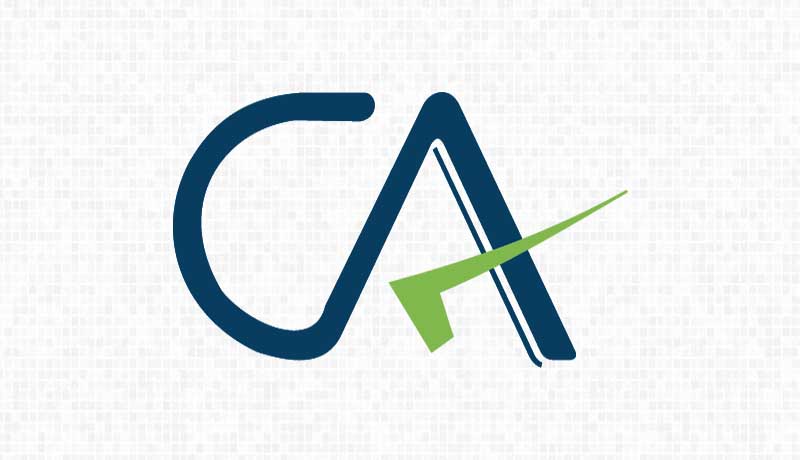Delhi HC confirms 5 years ban of CA for issuing incorrect Share Application Money [Read Judgment]

CA – Taxscan
CA – Taxscan
Recently, in Council of Institute of Chartered Accountants of India v. Kailash Chander Agarwal & Anr, the division bench of the Delhi High Court found the ban of a Chartered Accountant for 5 years from the roll on ground of professional misconduct committed by him by issuing incorrect share application money.
A company, after changing its name, invited applications on June 20, 1999 for allotment of 1,80,00,000 preferential shares for cash at par. The shares were listed for trading at Delhi Stock Exchange and with the Bombay Stock Exchange on the strength of three certificates issued by the respondent, a Chartered Accountant which states that the company received `8,52,50,000/- as share money in respect of the preferential shares. In the third certificate the respondent mentioned the name of the allottee, the cheque number issued by the allottee, the date of the cheque, the bank on which the cheque was drawn. It was noted that the date of encashment of the cheque has consciously not being recorded in the certificate. The SEBI noticed the “undue increase” in the share price of the company and started investigation on the same and found certain irregularities.On enquiry, the respondent-CA stated that he issued the certificate on the basis of the computerized record maintained by the company, however, he failed to render any explanation as to why did he not cross-check the same with the statement of account issued by the bank to the company. Since the explanation was not sufficient, the SEBI held that the respondent could not have acted on the strength of the form because the dates on which he issued the certificates preceded the date of Form No.2. Consequently, the Disciplinary Committee of the ICAI took action against the respondent for professional misconduct and recommended penalty of removal of the name of the respondent from the Register of Members of the Institute for a period of five years.
The bench noted that the respondent has consciously omitted to add the column of the date when the cheques were encashed for the reason he knew that no cheque had been encashed by the date he gave the certificate. “We would also highlight that before the Disciplinary Committee that the respondent relied upon Form 2 which had been submitted by the Company to the Registrar of Companies, and suffice it to record that said form could not form the basis on which the respondent issued the certificates because the date of issue of said form under signatures of the Company Secretary of the Company, is much after the date when the three certificates were issued by the respondent.”
Read the full text of the Judgment below.


